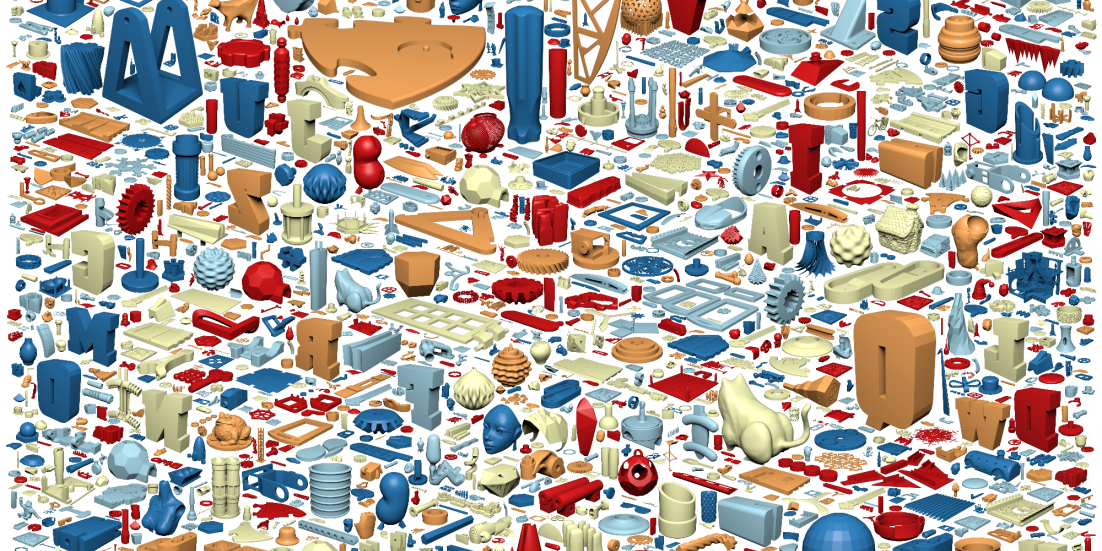
23.03.22 - Climate-change-driven research and design project co-led by Daniels Faculty members receives DSI Catalyst Grant
How can data science, artificial intelligence (AI), design and architecture work together to help mitigate the effects of climate change on residential buildings in disadvantaged communities? This is the key question driving an interdisciplinary research project that was awarded the Data Sciences Institute’s (DSI’s) Catalyst Grant in February.
The project, titled Using Geometric Data to Construct More Equitable Living Spaces, is a collaborative undertaking between two University of Toronto faculties. Alec Jacobson, assistant professor of computer science, leads the project as principal investigator; assistant professors Maria Yablonina and Brady Peters from the architecture program at Daniels Faculty serve as co-principal investigators. Together, they represent one of the 17 proposals that received a DSI Catalyst Grant in 2022.
“Ever since Maria and Brady gave invited lectures to my computer graphics research group, my students and I have been eager to think of ways we can collaborate,” says Jacobson. “The DSI Catalyst grant was a perfect opportunity given its mandate for interdisciplinarity, and its social and equity themes which resonated with all of us.”
Their project, to be conducted over two years, was awarded the maximum grant amount of $100,000 for its first year. It will be based on two main, parallel research tracks:
- Researching techniques to simulate and visualize the thermal properties, manufacturing costs and maintenance requirements of the elements which compose residential buildings and structures.
- Building a comprehensive dataset from these studies to train the next generation of AI-driven design tools.
Funded PhD students from computer science and architecture will be recruited to work collaboratively on both research tracks. The students will appear as co-authors on publications and be able to present findings with the principal investigators at major academic and research venues.
The research project will include a week-long collaborative retreat in the summer of its first year. The retreat will feature a hackathon event, and training workshops on core topics and software tools.
“While thermal simulations in architecture have been considered in the past, our [team of principal investigators] brings a fresh combined perspective with expertise in geometry processing, computer graphics, architecture and robotics,” the research proposal states. “A key to our success will be translating the domain-specific problems in architecture into optimization, simulation and machine learning problems for which tools in geometry processing and computer graphics can be readily and effectively applied.”
The group plans to curate and present their findings in a format that is accessible to the wider AI and machine learning communities.
The Data Sciences Institute Catalyst Grants are supported by the University of Toronto Institutional Strategic Initiatives and external funding partners, with two of the 2022 Catalyst Grants co-funded by Medicine by Design directed to finding solutions to challenges in regenerative medicine.
Banner image: Using Geometric Data to Construct More Equitable Living Spaces is a collaborative research project between the Faculty of Arts & Science’s computer science PhD program and the Daniels Faculty’s architecture PhD program. (Image provided by Qingnan Zhou and Alec Jacobson)

